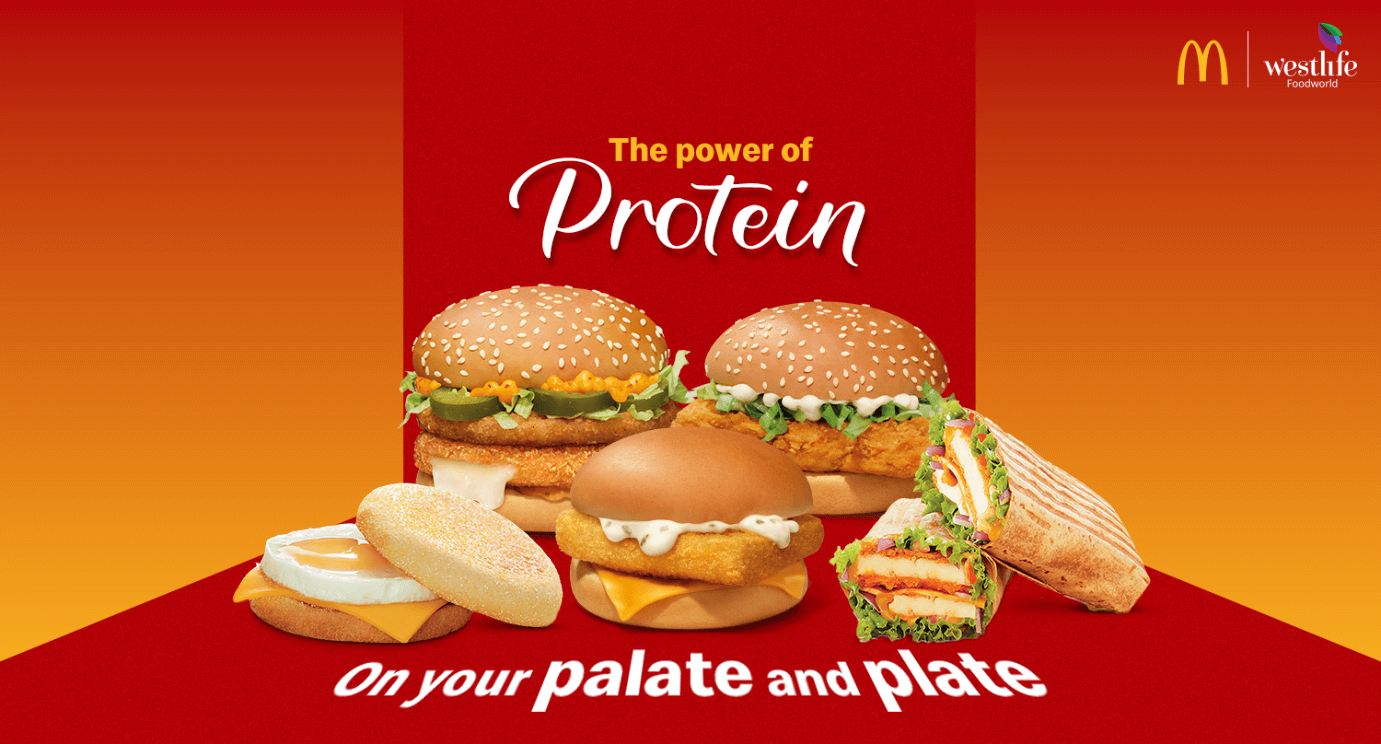It’s been a while since McDonald’s started incorporating eco-friendly practices in India (West & South). Today, those very initiatives have grown to become more than just about paper cups and biodegradable straws. Let’s take a look at how McDonald’s is making an impact in the country with its eco-friendly measures.
Over the last couple of years, McDonald’s India has successfully managed to run part of its logistics fleet on biodiesel which is converted from used-cooking oil, has replaced the use of plastic cutleries, and even used technology as a way to effectively manage energy and water in the restaurants. These eco-friendly measures were taken as steps to cut down on carbon emissions, reduce landfill, save water, and lower energy consumption in the restaurants.
Now let’s talk about savings…
McDonald’s has so far managed to save about 28 lakh units of electricity (that is enough to power an entire village of 300 households for over 7 years!!) by using low energy consumption-based ventilation, air cooling solutions, and LED lighting.
In a recent interview, Smita Jatia, Managing Director of Hardcastle Restaurants, also pointed out that next to power it is water which is becoming a rare commodity, especially in South India, adding that McDonald’s has taken up a number of initiatives to save water as well. Today, McDonald’s uses waterless urinals, smart handwash systems, harvested rainwater, and has saved upto 300,000 liters of water so far.
We’ve seen a great number of reduction in the usage of crude oil as well – about 550,000 liters of diesel and 2,400 gas cylinders in a year- cutting down the carbon footprint by 4,300 tonnes.
McDonald’s goal, across the globe, is to reduce greenhouse gas emissions related to McDonald’s restaurants and offices by 36% by 2030 from a 2015 base year.









